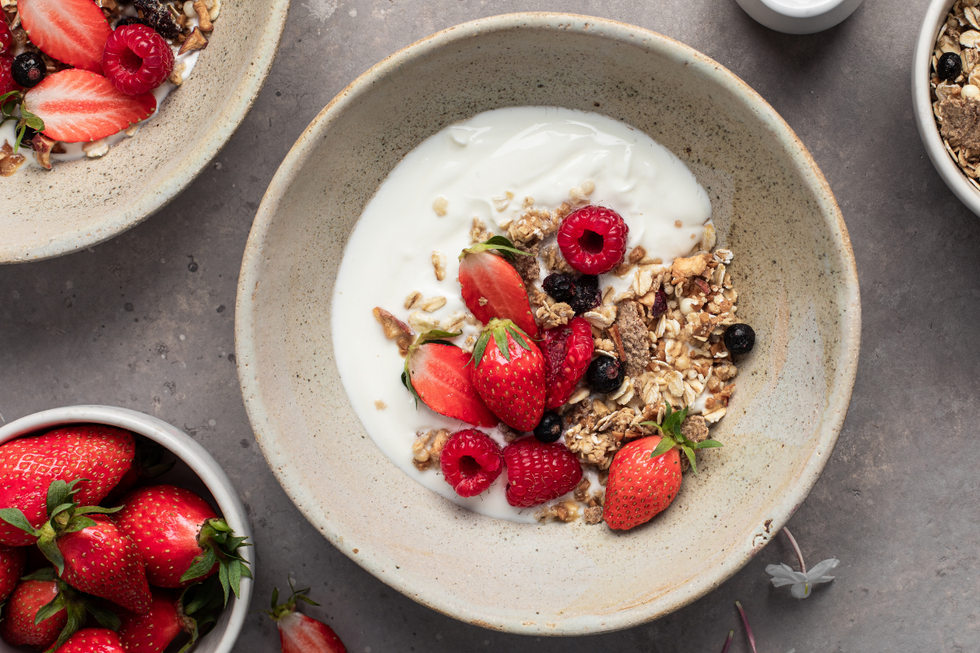Doctor shares tip to tackle ‘overlooked’ symptom of menopause - ‘no one talks about it’
New menopausal symptoms are still being discovered each day
Don't Miss
Most Read
Latest
Menopause plays host to a broad variety of symptoms. Some are frequently cited, like hot flashes and mood changes.
But others have seemed to fall through the cracks, such as palpitations, dizziness and brain fog - despite women experiencing the debilitating symptoms on a daily basis.
Obstetrician Dr Mary Claire Haver has used her profile online to raise awareness of another symptom that might have flown under the radar: bloating and weight gain.
Dubbed an “overlooked symptom that no one talks about" by the medic, excessive bloating is caused by too much solid, liquid or gas in the gut, leaving you feeling uncomfortable or even in pain.

Bloating was dubbed an 'overlooked symptom that no one talks about' by the medic, who uses her platform to discuss lesser-known symptoms of menopause
|TikTok/@drmaryclaire
However, like many menopausal symptoms, it can be caused by a multitude of factors, which is why Dr Haver weighed in on ways the issue can be addressed.
- First, rule out food allergies and intolerances. Common ones include lactose, fructose, eggs, wheat and gluten.
- Next up, decrease the number of foods that can cause gas, such as lentils, carbonated drinks, onions, barley and beer.
- Avoid constipation by increasing the amount of soluble fibre in your diet, as well as drinking enough water and exercising on a daily basis.
- Take probiotics to support gut health.
- And, finally, don’t eat large meals. Opt for smaller portions, and spend more time chewing each bite.
Peppermint oil can function as an antispasmodic to reduce muscle spasms. Taken in small capsules, it helps to relieve stomach cramps and bloating, so it can also help those with irritable bowel syndrome.
It’s also best to avoid swallowing air, fizzy drinks, chewing gum and sipping your beverages through a straw, the medic said.
Adding probiotics serves as a great way to aid digestion. The “gut-friendly” bacteria can particularly help throughout menopause and are easy enough to add to your daily diet.
Fermented dairy products like kefir, yoghurt and sour cream work well and can be incorporated into each meal.

Fermented dairy products like kefir, yogurt and sour cream can help digestion
|GETTY
More widely, the foods that reduce bloating include avocados, cucumber, yoghurt, berries, green tea, celery, ginger and kombucha.
Equally, bananas, asparagus, oats and pineapple serve as beneficial dietary additions to mitigate the symptoms.
Anyone concerned about their health should speak with a doctor in order to rule out a chronic or serious condition, Dr Haver said.











